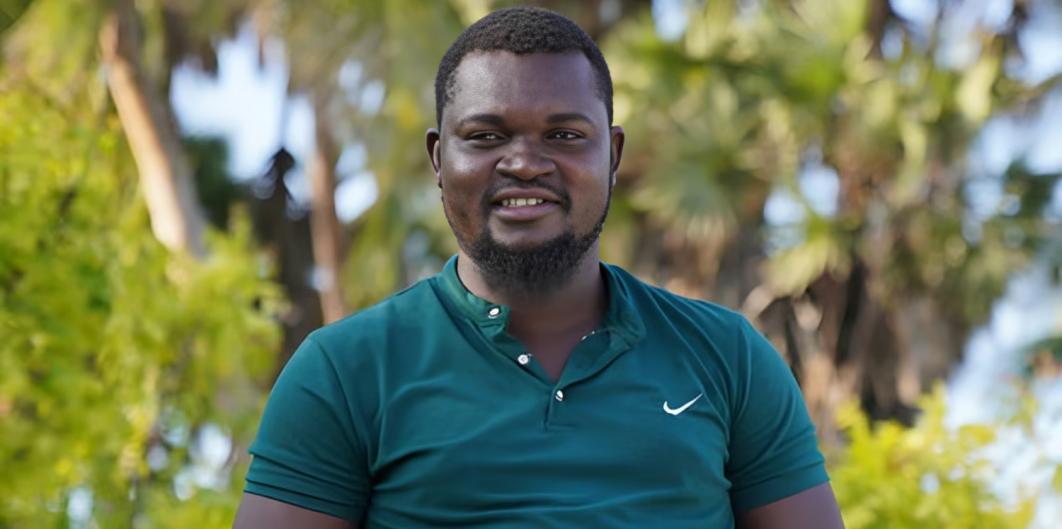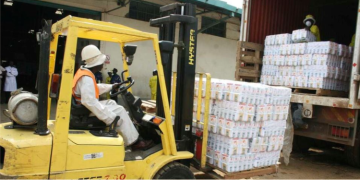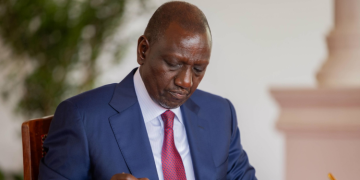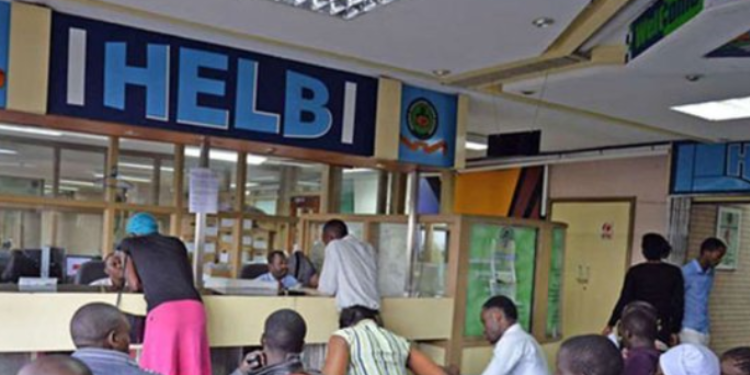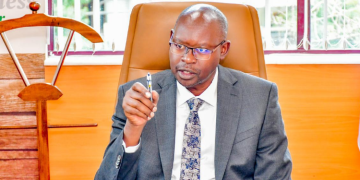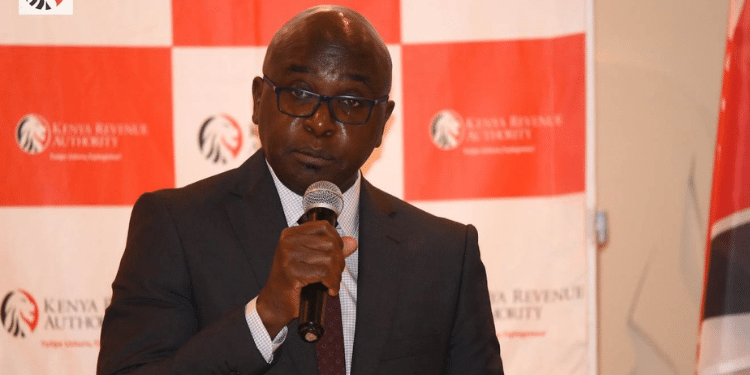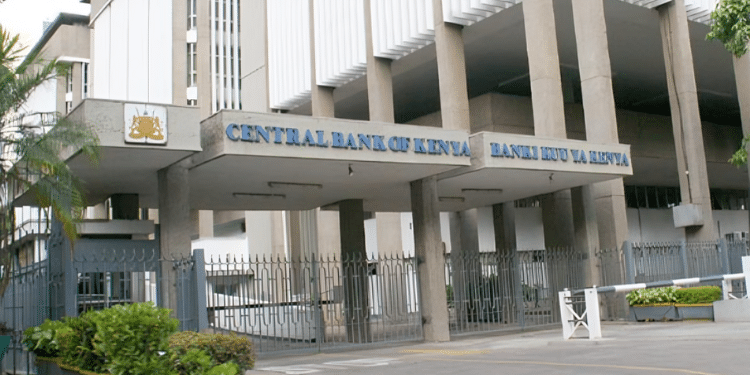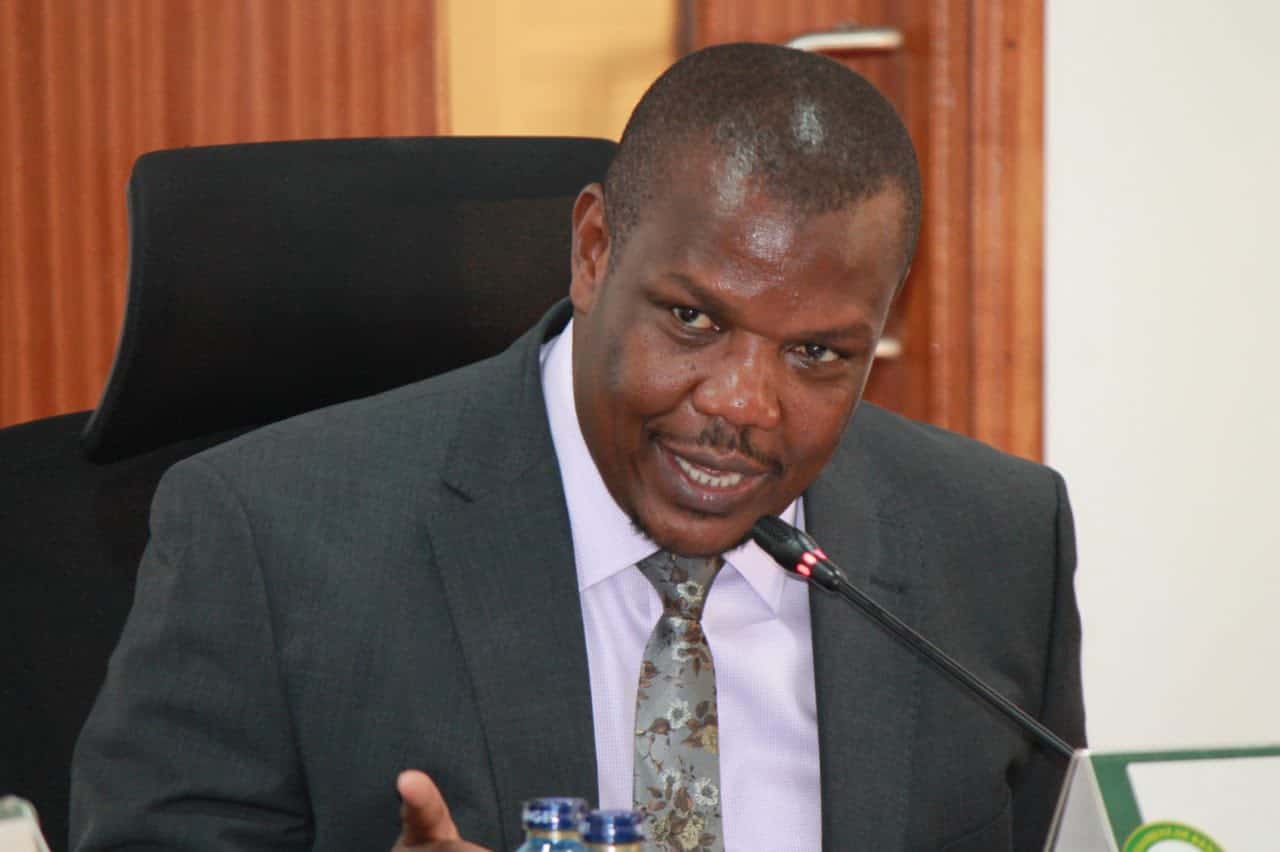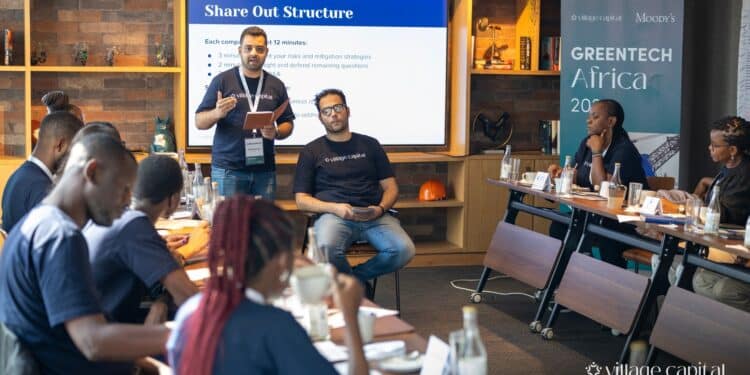Sustainability only works when we move from knowledge to action. We can start with education, but reshaping traditional systems to contribute to broader environmental sustainability means providing solutions that are not just innovative but also practical.
Entrepreneurs are leading the charge toward system-level change, offering innovative solutions that educate businesses, producers, and consumers alike. Today, we focus on two African startups driving meaningful systemic change by addressing challenges through a human-centered approach.
Uwana Energy
Uwana Energy is a leading provider of renewable energy solutions in Nigeria, Africa’s largest oil producer, yet one that continues to struggle to meet its energy needs. Despite being the region’s leading oil producer, the country is heavily reliant on diesel and petrol-powered generators, with close to 75 percent of the country’s electricity needs met by generators, some of the most polluting energy sources, reveals a 2023 report.
Given the country’s proximity to the equator and abundant sunlight throughout the year, solar energy presents a promising solution to Nigeria’s energy woes.
Also Read: EPRA Experts Explain Benefits of Energy Efficiency, Trends and Barriers
However, slow solar energy plagues the country, and this stems from various complexities, including affordability and misinformation about its long-term savings and sustainability.
Natasha Ibori, Co-Founder of Uwana Energy, addresses some common myths about solar energy adoption.
“The belief that solar technology won’t work effectively or last for many years is one of the biggest misconceptions Uwana is working to dispel,” shares Natasha.
“A common misconception is that solar energy is only suitable for small-scale applications and cannot meet global energy demands.”

Uwana’s Sustainable Solutions
Uwana Energy is working to not only dispel these misconceptions by providing reliable solar packages but also making the transition to clean and reliable energy easily accessible for all. The startup provides both small and large-scale solutions, as well as flexible payment plans designed to overcome financial barriers, making solar energy more affordable and accessible.
Natasha notes, “no other solution provider in the region takes into account various financial needs like long-term payment plans, Sharia banking, and volatile currency exchange rates.”
Uwana Solar has connected over 3,000 homes and businesses to affordable energy solutions, helping them transition away from reliance on environmentally harmful and unsustainable power sources.
This shift is especially critical in light of Nigeria’s rising fuel prices and inflation, which reached 33% in September 2024.
Solar energy adoption not only offers cost savings but also ensures energy reliability, fostering a broader acceptance of renewable technologies as essential for financial stability and improved quality of life
By simplifying the adoption process and addressing financial and logistical barriers, Uwana Energy is transforming sustainability from a theoretical concept into a practical reality.
Natasha asserts, “Sustainability should be viewed not as a compromise but as an opportunity for a life of abundance.”
Uwana’s efforts demonstrate that when sustainability is made simple and accessible, it moves from knowledge to action.
EGIKE
In Egypt, EGIKE, an e-mobility startup, is providing sustainable transport solutions through the use of e-bikes.
“Many residents are used to cars or public transport; we’re encouraging a switch to e-bikes to address concerns about convenience, safety, and reliability in such a busy urban environment,” explains Montaser El-Attar, Co-Founder of EGIKE.
Achieving real impact requires more than just offering electric bikes – it involves making these sustainable solutions accessible and enjoyable for everyone.
As part of its Vision 2030 strategy, which targets a 10% reduction of greenhouse emissions from the energy sector by 2030, Egypt is already advancing policies to improve and promote its local automotive industry.
EGIKE is leading this transition as the country’s first micro-mobility startup, providing sustainable solutions for short-distance transportation.
The startup locally manufactures eco-friendly e-bikes, driving the shift to a greener and more sustainable future. Its users have covered over 50,000 kilometers, leading to “a reduction of over 1 million grams of CO2 emissions.” This impact highlights how simplified and accessible technology can lead to real, measurable change.
Also Read: Kenya Calls for Ksh167 trillion for Africa Climate Fund for Developing Nations at COP29
Pedaling uphill for system change in mobility and the city experience
While the importance of system change is clear, moving from knowledge to action takes uphill pedaling. In a city like Cairo, where over 21 million people rely heavily on traditional transport, introducing e-mobility comes with unique challenges.
Egypt’s electric vehicle (EV) market is in its early stages but holds immense potential. The Global Electric Mobility Readiness Index (GEMRIX) 2023 ranks Egypt 28th globally, placing it in the “starter market” category, with promising opportunities for foundational infrastructure growth.
The number of EVs on Egyptian roads has grown significantly, from an estimated 1,000-1,800 in 2021 to between 3,500 and 4,000 today. This rise reflects a growing interest in sustainable transportation and cleaner energy solutions.
EV adoption in Egypt is increasingly seen as a strategy to reduce greenhouse gas emissions, improve urban air quality, lessen reliance on petroleum, and enhance energy security amidst rising global vehicle demand.
“Our mission is to be a driving force in Egypt’s and Africa’s shift toward sustainable urban mobility,” Elattar concludes. By making sustainability easy, EGIKE is turning knowledge into action, one ride at a time.
These two start-ups are just some of the incredible innovations supported by Village Capital through Moody’s Foundation-backed Greentech Africa program. This initiative has supported over 30 startups across Africa, Asia, and Latin America, all working to tackle critical global sustainability challenges. The road ahead holds vast opportunities, but achieving true sustainability will require collective effort—driving behavior change and embracing solutions that pave the way for a more sustainable future.
Follow our WhatsApp Channel and join our WhatsApp Group for real-time news updates.





